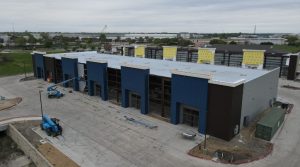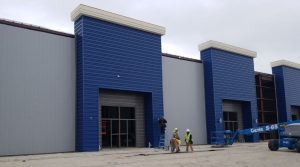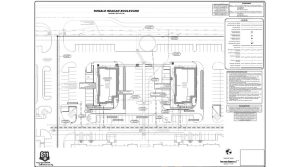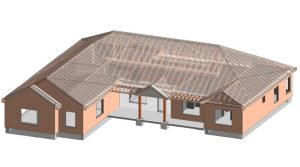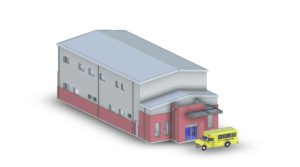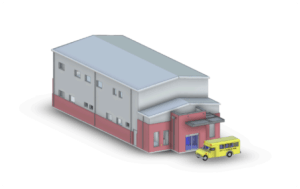The Future of Automation in Engineering: Trends and Predictions
The engineering landscape is undergoing a seismic shift, with automation at the forefront of transformation. This evolution promises to redefine the future of mechanical engineering companies, making processes more efficient, innovative, and unimaginably sophisticated. As we stand on the cusp of this revolution, let’s explore the trends and predictions that are shaping the future of automation in engineering.
Accelerating Efficiency through Automation
Accelerating efficiency is at the heart of automation’s appeal. Engineers are leveraging automated tools to streamline complex processes, reduce human error, and accelerate project timelines. In this context, MEP engineering plays a crucial role, integrating mechanical, electrical, and plumbing systems more seamlessly than ever before, thanks to advanced automation technologies.
Robotics: The Engineering Game-Changer
The rise of robotics is set to take engineering to new heights, particularly in manufacturing where they are deployed for tasks ranging from assembly to quality control. This shift is significantly reducing production times and costs. Moreover, MEP engineering services are becoming increasingly reliant on robotics to improve the efficiency and accuracy of installations in buildings and infrastructure projects.
AI and Machine Learning: Transforming Predictive Maintenance
AI and machine learning are revolutionizing predictive maintenance and design optimization. These technologies’ ability to analyze vast datasets for equipment failure predictions minimizes downtime. In the realm of civil structural engineering, AI’s impact is profound, enabling the design of safer, more resilient structures through sophisticated modeling and analysis techniques.
The Revolutionary Impact of 3D Printing
3D printing, or additive manufacturing, is transforming product development and production, allowing engineers to prototype, test, and iterate designs with unprecedented speed and cost-efficiency. The future of engineering structures lies in leveraging 3D printing for more than just prototyping; it’s moving towards direct manufacturing of complex, load-bearing components.
IoT and Smart Engineering Solutions
Integration of IoT is enabling a level of connectivity and data exchange in engineering that was previously unimaginable. Sensors embedded in devices are collecting valuable data, allowing engineers to monitor, analyze, and improve systems in real-time. This connectivity fosters the development of smart cities, where automation and data drive efficiency. In this ecosystem, a structure engineering company can offer invaluable insights and solutions, enhancing the durability and functionality of urban infrastructure.
Navigating Cybersecurity and Ethical Challenges
As engineering becomes more interconnected through automation, cybersecurity emerges as a critical concern. Protecting the integrity of automated systems and the data they handle is paramount. Engineers will need to prioritize the development of secure systems and stay ahead of evolving cyber threats, ensuring that automation’s benefits are maximized while mitigating its risks.
Key Predictions for the Future of Engineering Automation
1. Autonomous Vehicles: Enhanced reliability and wider adoption.
2. Smart Infrastructure: Development of more resilient and efficient systems.
3. Personalized Manufacturing: Mass customization becomes the norm.
4. Human-Machine Collaboration: Increased cooperation between humans and robots.
The automation boom brings with it ethical considerations, particularly around job displacement and privacy. Engineers and policymakers will need to navigate these challenges thoughtfully, ensuring that the benefits of automation are balanced with societal needs and protections.
Conclusion
The future of automation in engineering is bright and boundless. With trends pointing towards increased efficiency, innovation, and collaboration between humans and machines, the possibilities are limitless. As we embrace these changes, engineers will play a pivotal role in shaping a future where automation not only enhances our capabilities but also enriches our lives. The journey ahead is as exciting as it is transformative, heralding a new era of engineering marvels that will redefine our world.
